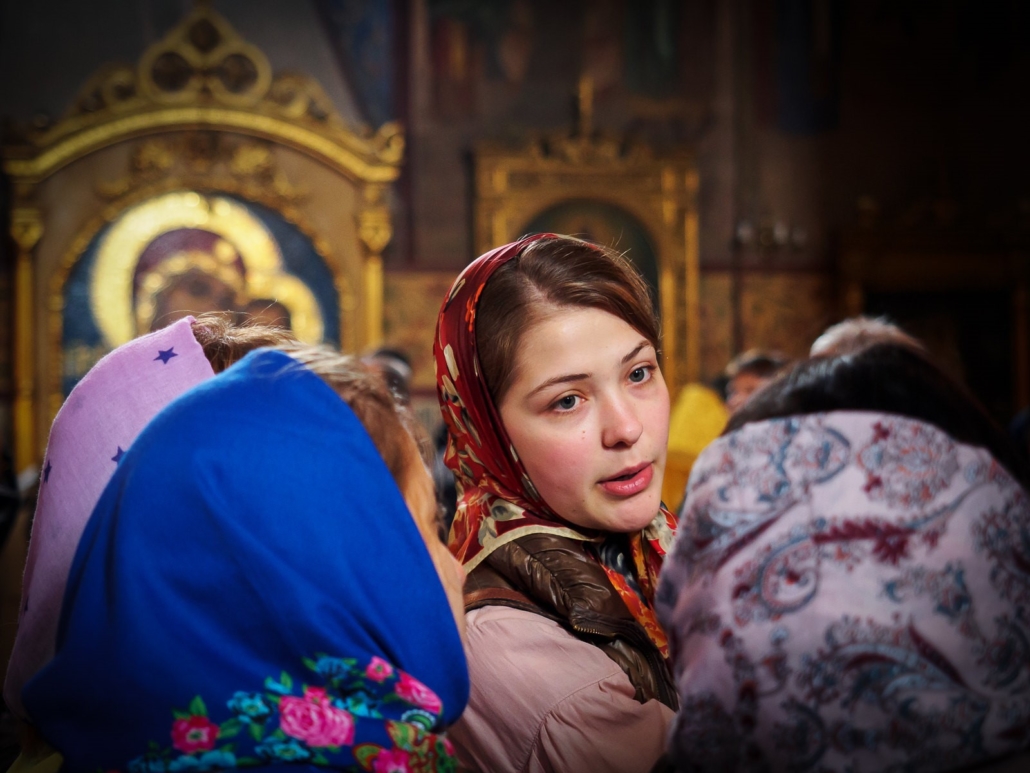5 Facts About Women’s Rights in Russia

Russia is somewhat infamous for its history of oppression and human rights abuses. Often in the news for things like unfair elections or police brutality, gender equality is a less-reported topic, but nonetheless a pervasive and damaging systemic issue. Here are five facts about women’s rights in Russia.
5 Facts About Women’s Rights in Russia
- Russian women are equal in theory, but not in practice. The Constitution of Russia, adopted in 1993, guarantees equal rights for women and men. Even before that, the Bolshevik Revolution granted women’s rights in Russia– including suffrage– in 1917. However, women are still fighting inequality in many sectors, including the professional realm. People in Russia expect women to prioritize motherhood over professional development because of Russia’s low fertility rate. Citing a belief that strenuous jobs pose a threat to women’s safety and reproductive health, the government has barred women from occupations like aircraft repair, construction and firefighting. While the country passed reforms in 2019 to reduce the number of restricted jobs from 456 to 100, they will not come into effect until 2021. However, some of the largest industries, like mining and electric engineering, remain in the barred category.
- More women are in poverty than men. In addition to legal barriers to job opportunities, traditional gender roles box women out of professions like politics. Women earn on average 30% less than a man, one of the largest wage gaps among high-income countries. Even in professions where the wage gap is the smallest, like in the education sector, there is a 20% difference in average salary. Women also do a significant amount of unpaid work– estimates have determined that the loss to the annual budget due to gender segregation is 40-50% in Russia. Were Russia to offer equal resources in agriculture to all genders, it could raise food production by 30%. Higher poverty rates for women affect not only women but the children they raise. Impoverished women often cannot afford higher education for their children, which limits the children’s upwards economic mobility. Therefore, the cycle of poverty is perpetuated because of systemic gender discrimination putting mothers in positions where they cannot give their children better lives.
- Russian women face threats to their physical safety– and the police stand by. Domestic violence as a whole– which disproportionately victimizes women– is a serious threat to women’s rights in Russia. In January 2017, Russia decriminalized domestic violence that does not cause serious injury– meaning broken bones or a concussion– for first-time offenders. Since most victims do not report their abuse, most “first-time offenders” are actually long-time abusers. In addition, police officers routinely ignore domestic disturbance calls. When officers do respond, they often refuse to criminally prosecute instead of telling victims to prosecute privately. This is economically unfeasible for many women and effectively places the onus of an entire subgroup of law enforcement on the victim rather than the state. Decriminalization of domestic violence has rendered the statistics on it unreliable, but statistics have shown that most cases do not end up in court. If women cannot receive the assurance of their physical safety under Russian law and society, their overall rights are under severe threat.
- Learned attitudes reinforce gender inequality. Every Russian man that the Levada Center polled, regardless of age group, responded that the most desirable quality in a woman was that she had to be a good homemaker. This attitude pervades across gender lines: younger Russian women answered that attractiveness was the best quality, but by age 30, the women agreed that their most desirable quality was to be a good homemaker for a man. When pollsters asked the equivalent question about desirable qualities in a man, both men and women ranked intelligence as the most important trait in a man. Men, however, ranked intelligence in a woman as sixth or seventh on their list of 15 traits. But before one can solely cast the blame for gender inequality on men, women ranked independence as least important for themselves. Older women’s answers matched that of the men– the mothers and grandmothers teaching the sons their societal values. No one gender is at fault for the perpetuation of gender inequality; instead, it is a product of Russian culture and society that each generation has passed on to the next.
- The feminism movement in Russia is growing every year. Hundreds instead of dozens of women attend marches and protests now, especially against the controversial decriminalization of domestic violence. The work of leaders like Leda Garina and Zalina Marshenkulov has fostered the growth of feminism in the public consciousness. Despite facing arrests and threats, activists and organizations are persisting in getting the message of gender equality out to the public. Innovations in technology and social media make information more accessible to the Russian people and change the perception of feminism from a dirty, Western word to something necessary to Russian society. New venues are cropping up in big cities to aid women. For example, Cafe Simona in Saint Petersburg is a woman-only workspace and event space that allows women to go about their days without experiencing harassment. NGOs like Human Rights Watch also strive to inform both the domestic and international communities of the issues facing Russian women. Reporting by HRW and other media outlets on Yulia Tsvetkova, a feminist blogger who underwent and is a political prisoner, led to protests around the country. Despite crackdowns on NGOs under Putin’s “foreign agents” law, organizations are doing their best to get the word out about the situation in Russia.
People still need to do more to improve women’s rights in Russia. Nothing less than significant legal reforms are necessary to change the culture of misogyny in the country. Gender equality might be a long way off for Russian women, but because of activists and NGOs fighting for their rights under the law, hope is on the horizon.
– Brooklyn Quallen
Photo: Flickr
